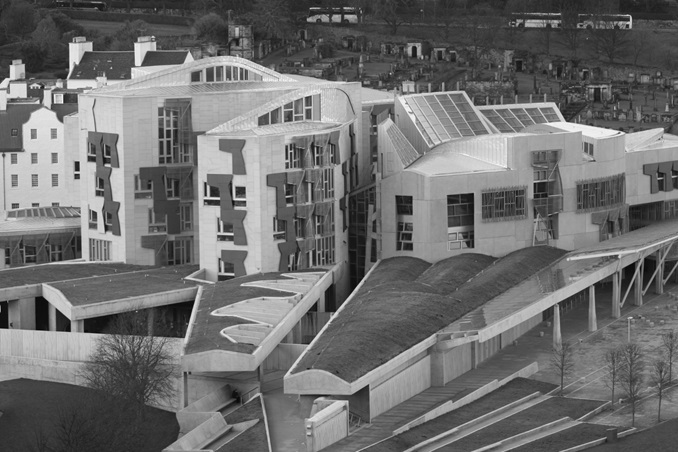New Housing Bill published
The government has today published a Housing Bill to progress plans originally set out in its New Deal for Tenants consultation in 2021. The Bill is proposed legislation which, if approved by MSPs, will become an Act of parliament. Typically it can take around 2-3 years for proposed legislation to work its way through parliament and come into force so the measures set out in the Bill won’t apply to tenancies in Scotland for the time being.
The primary measures set out in the Bill are as follows:
- Rent control – requires local authorities at least every 5 years to assess rents in their area and recommend whether Scottish Ministers should impose rent controls. If rent control areas are designated, annual rent increases on private residential tenancy (PRT) tenancies would be restricted by a percentage or formula for mid-tenancy increases and between tenancy increases (including increases between an assured/short assured tenancy ending and a new PRT being entered into) in those areas for up to 5 years. This would remove landlords’ rights to reset rents to market level between tenancies but only within designated rent control areas. There would be limited exceptions where higher increases would be allowed, such as for properties where improvement works have taken place. Exceptions have yet to be determined and will be set out in future legislation. Assured/short assured tenancies would not be subject to rent control but the Bill contains a discretionary power to enable the Scottish Ministers, through Regulations, to set a date on which assured/short assured tenancies convert to PRTs. SAL anticipates that it could be around 3 years from now before any rent control areas are designated due to the various steps involved in legislating to bring them in.
- Changes to rent increase procedures – outwith rent control areas there would be no restrictions on rent increase amounts but rent increases could no longer take place during the first 12 months of a PRT tenancy (as they can at present). A change is also proposed to the rent adjudication process to prevent the rent officer or tribunal from setting the rent at a figure higher than that the landlord has requested.
- Ending joint tenancies – changes the PRT regime to prevent tenants being trapped in a joint tenancy they no longer wish to be part of. This would allow one tenant to give notice to end the tenancy for all tenants after a two-month consultation period. Joint tenants who wish to stay could try to negotiate terms for a new tenancy with the landlord.
- Personalisation of property – allows for PRT tenants to make certain minor modifications without consent such as putting up pictures and posters. They would also have the right to request consent to undertake more major alterations (e.g. painting walls) that a landlord could not unreasonably refuse, although it would be possible to apply conditions when giving consent, such as that the property should be reinstated to its original condition at the end of the tenancy and/or requiring a higher deposit.
- Pets – allows for PRT tenants to have the right to request permission to keep a pet. A landlord could not unreasonably refuse permission, although it would be possible to apply conditions when giving consent, such as requiring a higher deposit. A reasonable ground for refusal could be that the property is unsuitable for the type and number of pets requested.
- Greater protection during eviction – requires the tribunal to consider whether it is reasonable to delay the enforcement evictions to prevent particular hardship or harm to tenants. Some grounds would be exempt from this requirement such as anti-social/criminal behaviour and abandonment. The tribunal has always had the power to delay the enforcement of evictions but has rarely used that power in the past.
- Phasing out assured/short assured tenancies – the Bill contains a discretionary power to enable the Scottish Ministers, through Regulations, to set a date on which assured/short assured tenancies convert to PRTs.
The full wording of the Bill can be read here.
A Bill follows a 3-stage scrutiny process through parliament, during which the wording of the proposed legislation can change with amendments to the legislation being suggested by MSPs from any political party.
SAL will lobby for changes to the Bill to lessen the impact on landlords and will keep members updated on the progress of the proposed legislation as it works its way through parliament.
Not yet a SAL member? Join today for instant access and support.

